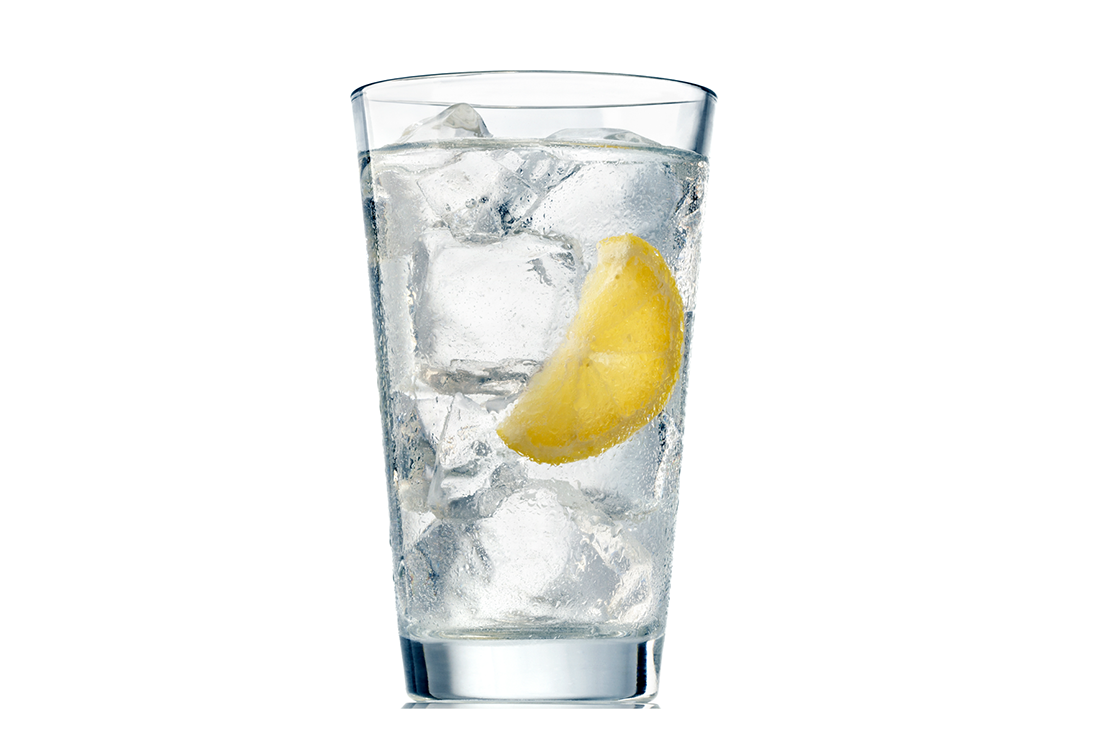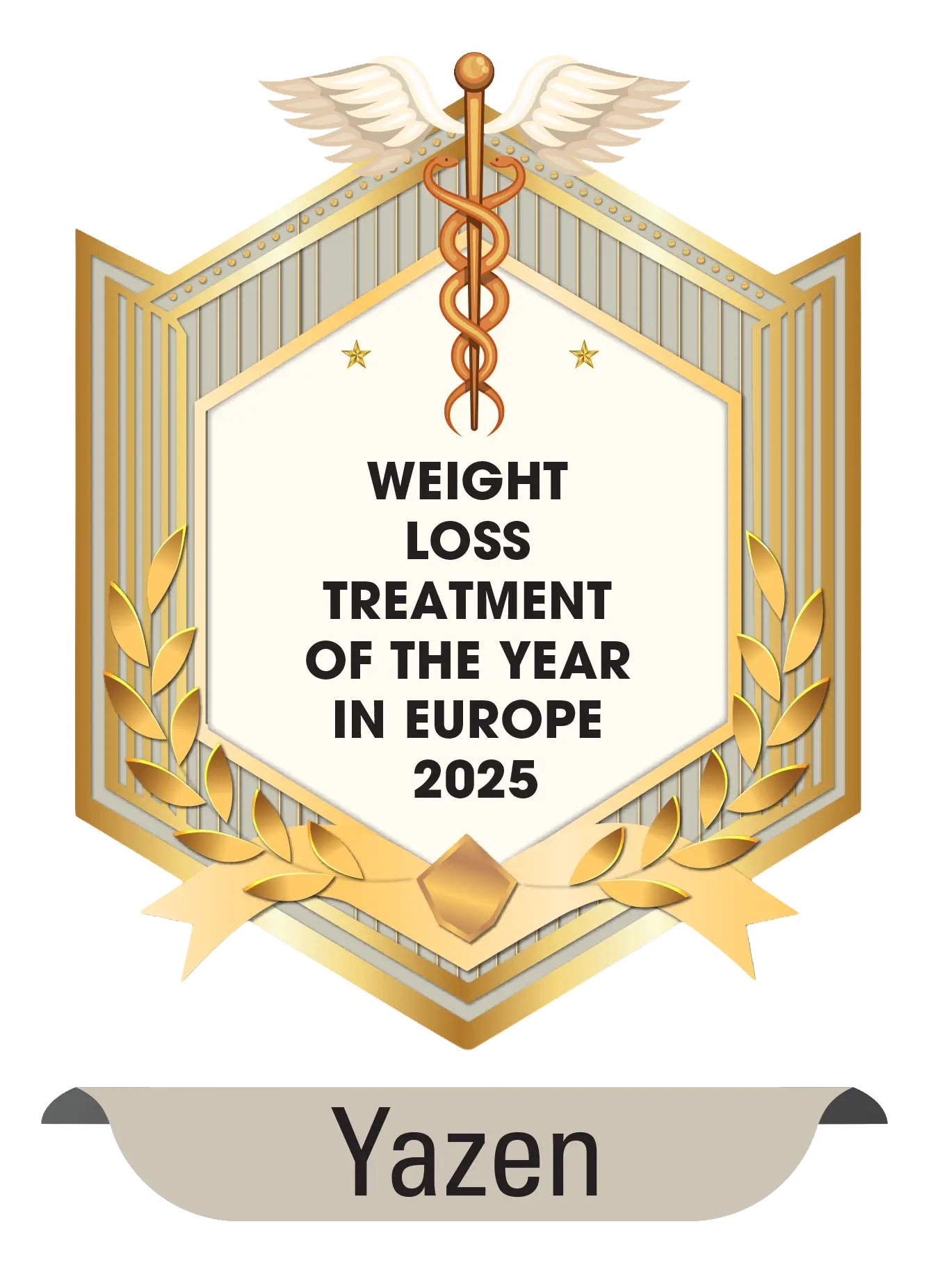Lose weight with rehydration solution? Here’s why that’s a misconception
It’s easy to be tempted by simple solutions that promise quick results when you want to lose weight. Sometimes, tips circulate claiming that you can lose weight by drinking large amounts of rehydration solution. This idea is based on a misunderstanding of how the body’s fluid balance works.
Rehydration solution is designed to replace fluids and salts, for example during diarrhoea, vomiting, or heavy sweating – not for weight loss. It may temporarily affect your weight by restoring your fluid balance, but there is no scientific evidence that rehydration solution or similar products lead to long-term weight loss.

Can you lose weight by taking rehydration solution?
No. Rehydration solution is not intended for weight loss. It is a medical product which, according to Nestlé Health Science—the company behind many such formulations—helps the body absorb fluids and salts. Using rehydration solution for the purpose of losing weight is therefore neither effective nor recommended. Because the product contains salts and electrolytes, excessive use without fluid loss may negatively affect the body, especially in people with heart or kidney disease.
Rehydration solution is not classified as a dietary supplement but as a medical device. If you are considering using supplements to support fluid balance or exercise, you should always consult a doctor or dietitian first.
Temporary weight loss is usually water – not body fat
When the body loses fluids, for example through sweating or illness, body weight may drop slightly. If the fluid loss becomes significant, there is a risk of dehydration, which can be harmful to your health. Common signs of dehydration include headache, fatigue, dizziness, and a dry mouth.
This kind of rapid weight loss is temporary – the weight returns once the body’s fluid balance is restored. A change on the scale after exercise or illness therefore does not reflect any real reduction in body fat.
Rehydration solution does not affect the body’s metabolism, fat burning, or weight regulation. It is used to replace fluids, electrolytes, and glucose lost through diarrhoea, vomiting, or heavy sweating, but it has no impact on calorie expenditure – which is what determines body weight in the long term.
To lose weight in a healthy and sustainable way, long-term changes in diet, physical activity, and lifestyle are required – not rehydration solutions.
When rehydration solution can actually be helpful
Rehydration solution contains substances such as sugar (glucose), salt (sodium), and potassium, which help the body absorb fluids efficiently. This type of solution can be used in cases of:
- Diarrhoea
- Vomiting
- Heavy sweating, for example due to intense physical activity or high temperatures
Rehydration solution is used in healthcare, especially for children, the elderly, and people who lose large amounts of fluid. These groups are at greater risk of dehydration.
How much fluid does the body need?
Maintaining fluid balance is essential for the body to function properly. A common recommendation for adults is to drink about 1.5–2 litres of water per day, though needs may increase during physical activity, hot weather, or illness.
Children have a higher fluid requirement relative to their body weight and can therefore become dehydrated more quickly, for instance during diarrhoea or vomiting. Older adults, people with certain medical conditions, or those taking diuretic medication should also pay extra attention to their fluid intake.
The body generally regulates fluid needs on its own. Thirst and urine colour are good indicators to monitor before considering extra rehydration solution. Pale urine suggests good hydration, while darker urine may signal that you need to drink more.
Dehydration and fluid loss
Dehydration occurs when the body loses more fluid than it takes in. In addition to thirst and dark-coloured urine, more pronounced dehydration can cause dizziness, a rapid pulse, or confusion.
To prevent dehydration, drink water regularly throughout the day and replace lost fluids as needed, particularly during diarrhoea, vomiting, or heavy sweating.
Risks of incorrect use
Rehydration solution is generally safe when used correctly, but it is important to follow the recommended guidelines to avoid misuse or overuse. Using rehydration solution without actual fluid loss offers no health benefits; in fact, it may pose some risks.
Excessive salt (sodium) intake can, over time, contribute to high blood pressure and strain the cardiovascular system, especially in people with pre-existing hypertension or heart disease. In healthy individuals, the body’s regulation of salt and fluid balance is usually very effective, and occasional use of rehydration solution rarely poses a risk.
However, frequent or excessive use without need can lead to unnecessary sodium intake, which over time may affect blood pressure even in healthy individuals. In rare cases, significant electrolyte imbalances—such as in sodium and potassium—can disrupt normal body functions and negatively affect muscles, nerves, or heart rhythm.
Rehydration solution should therefore only be used when there is actual fluid loss, such as during diarrhoea, vomiting, fever, or heavy sweating – not as part of everyday fluid intake.
How to lose weight in a healthy and sustainable way
Healthy, lasting weight loss depends on balancing diet, activity, and energy intake. The foundation of effective weight loss is a moderate calorie deficit, best achieved through a combination of nutritious food, regular physical activity, and healthy habits.
A diet rich in vegetables, fruit, whole grains, and lean protein sources provides good nutrition. Regular physical activity—both structured exercise and daily movement—is equally important. Strength training is particularly effective because it helps maintain or increase muscle mass, which in turn can support a higher metabolic rate.
Adequate sleep and recovery are also essential for sustainable weight loss. Lack of sleep can affect hunger and satiety signals, making it harder to maintain a stable weight over time.
If needed, professional support from healthcare providers such as doctors or dietitians can help you create a plan tailored to your individual needs and circumstances. Weight loss is not only about reducing the number on the scale but about improving health and building habits that last.
Summary
Rehydration solution helps restore the body’s fluid and electrolyte balance but has no direct effect on weight loss. Although sometimes promoted as a “quick fix” for losing weight, it does not influence metabolism or fat burning. Rapid changes in body weight are usually due to temporary fluctuations in fluid levels, not fat loss or gain.
Incorrect or excessive use of rehydration solution can be harmful. Electrolyte imbalances in sodium, potassium, and other minerals can negatively affect the body. Rehydration solution should therefore only be used to treat actual dehydration—not preventively or as a weight loss method.
The goal of weight loss should be to improve health and reduce disease risk. Sustainable weight loss comes from balanced nutrition, regular exercise (especially strength training), and sufficient sleep and recovery. Together with professional guidance and support, these habits provide the best foundation for long-term, healthy weight management.

November 6, 2025
November 28, 2025
Start your weight loss journey with Yazen today
Everything you need to do is to create an account and answer some questions about your health
.svg)
.svg)
More articles
Protein and weight loss: effects, benefits and risks
Protein can be a helpful support if you’re aiming to lose weight in a sustainable way. It can help you feel fuller for longer and support your body in maintaining muscle mass when you’re eating fewer calories. But how much protein do you actually need when trying to lose weight, what are the benefits and possible risks, and how can you increase your protein intake in everyday life? In this article, we go through everything you need to know about protein and weight loss.




.svg)

















